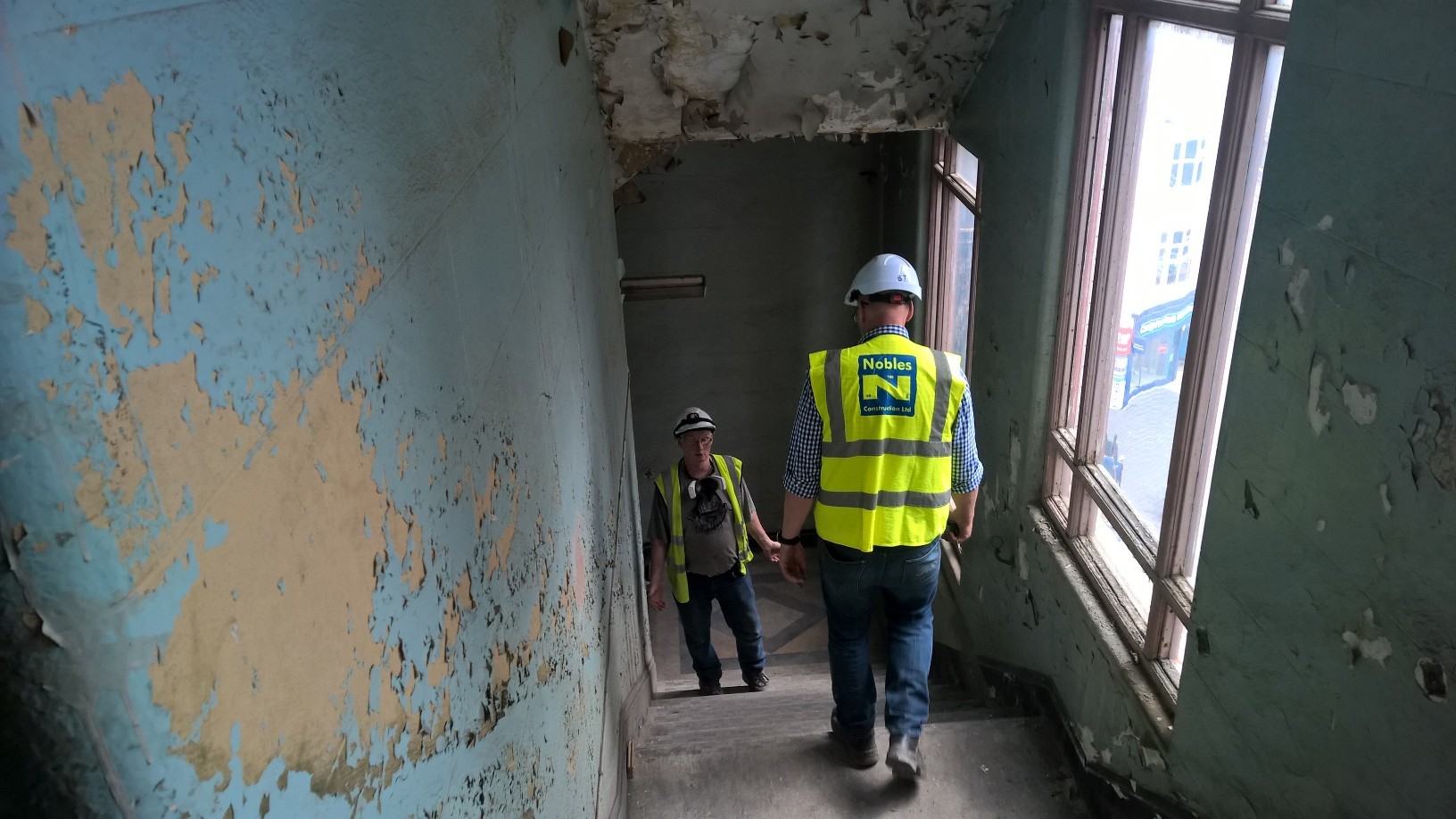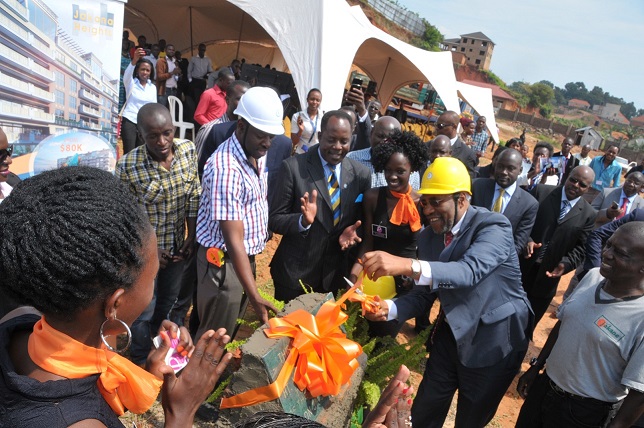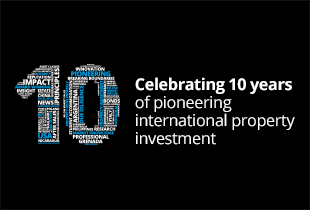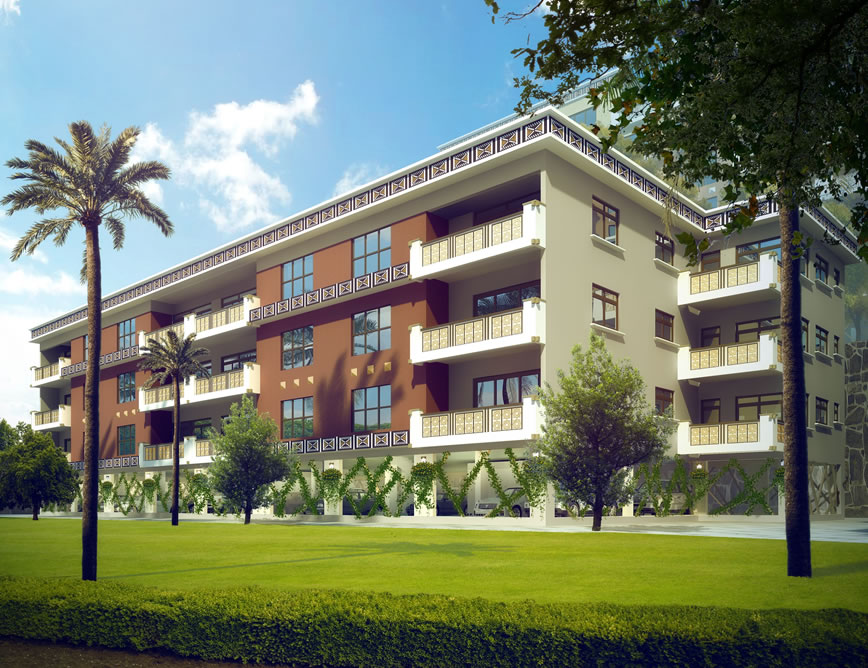- Reece’s Ballroom being restored to former glory as Parker Street Residences
- More than 50% of Liverpool city centre population aged 22-29 (Centre for Cities)
- Liverpool City Region economy worth £23.1bn (Local Enterprise Partnership)
- Iconic L1 apartments available from £69,950 (Property Frontiers)
An iconic Liverpool institution, Reece’s Ballroom, is due to be given a new lease of life, with construction now underway on the tasteful transformation of the disused commercial property into residential apartments.
Work began this month on the development, known as Parker Street Residences, which will offer spacious apartments with 24/7 on-site concierge service, security, bicycle storage and gym membership.
Ray Withers, CEO of specialist property investment company Property Frontiers, which has just 11 units left for sale at the development, comments,
“It’s fantastic to see work beginning at Parker Street Residences. This building has such a rich history and I’m delighted to see this new chapter in its story getting underway. Properties like this in such a central location are few and far between and we’ve already seen an exceptional level of demand for the apartments.”
Reece’s Ballroom was the jewel in the crown of a string of cafés owned by Reece & Sons, who also boasted their own dairy and bakery. A popular social spot, Reece’s Ballroom included not just a dancehall but also a café and restaurant, where the great and the good of Liverpool in days gone by would meet to dine and dance the night away.
One of the venue’s most famous hires was by Beatle John Lennon, who held his wedding reception there after marrying his first wife, Cynthia Powell, mother to his son Julian Lennon.
Parker Street Residences, which is due for completion by June 2017, will begin a new phase in the building’s history, restoring this piece of Liverpool’s heritage to its former glory in a new form for a new generation.
The soft strip works have commenced, with the demolition and structural alterations of the building beginning early next month. The steelwork and structure for the roof is due to commence in September. October will see the windows replaced, while construction of levels six and seven will begin in November. Those levels are due for completion by April 2017, with the internal fit out works completed by June 2017 and overall completion in August 2017, ready for the first tenants to move in.
Employment opportunities in Liverpool city centre have fuelled rapid population growth in recent years. The Liverpool City Region is a £23.1bn economy according to the area’s Local Enterprise Partnership and the thriving financial situation has led to an influx of young professionals looking for a city centre lifestyle. The city centre’s population more than doubled in the decade to 2011 according to Census figures, with Centre for Cities reporting that over 50% of those residents were between the ages of 22 and 29.
Apartments at Parker Street Residences are available for investment from £69,950 for a studio, with yields of 8% NET.
For more information, contact Property Frontiers by visiting www.propertyfrontiers.com or calling the team on +44 1865 202 700.










